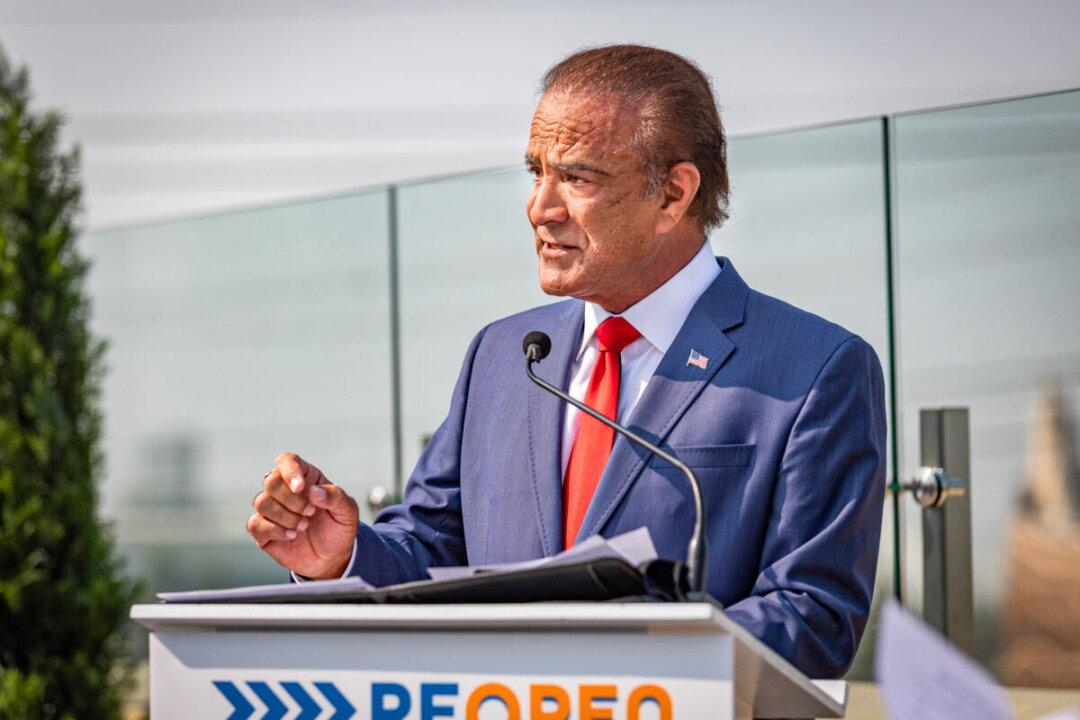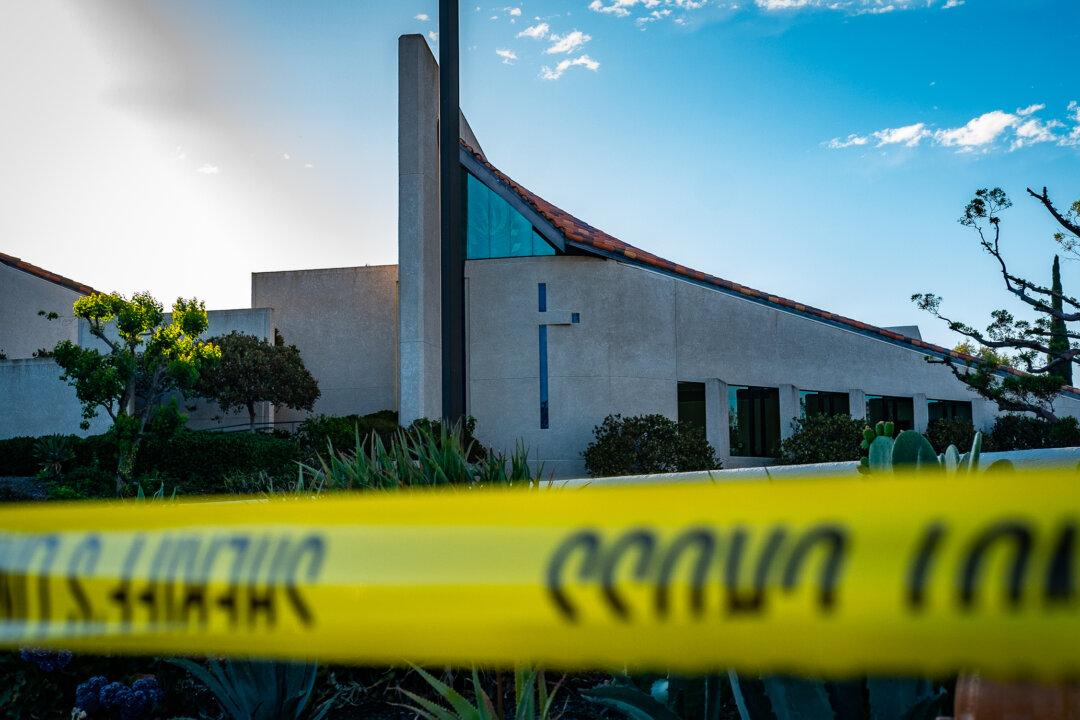Amid the pending decision to make it easier for inmates to earn “good conduct credits” for early release, the California Department of Corrections and Rehabilitation took public comment on the issue during an April 14 teleconference in advance of establishing a permanent inmate credit-earning system.
The corrections department is seeking to pass a proposal that would allow state inmates to serve shorter sentences if they participate in firefighting, educational courses, and other rehabilitation programs—an initiative that was created under Proposition 57 passed by California voters in 2016.




